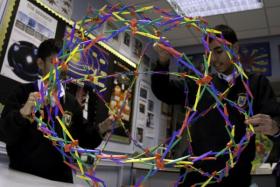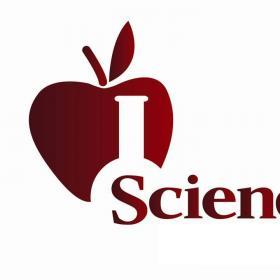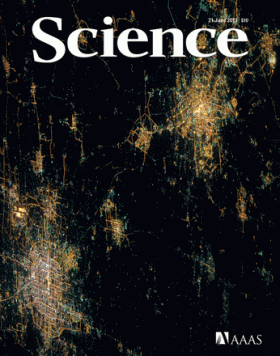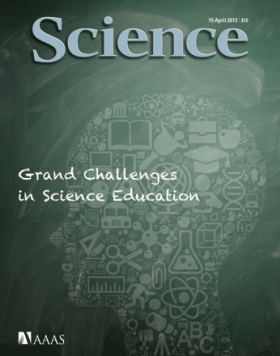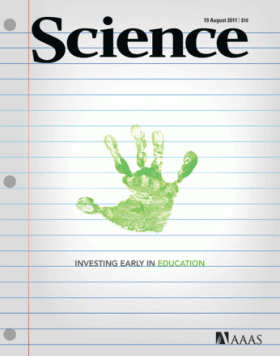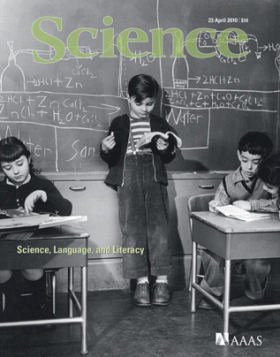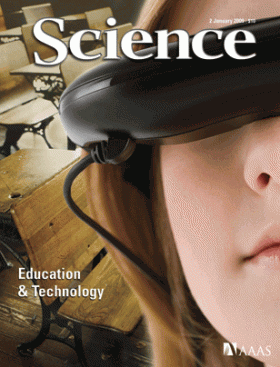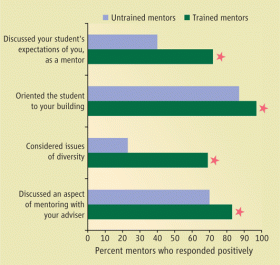Search
Review sessions: From passive to active
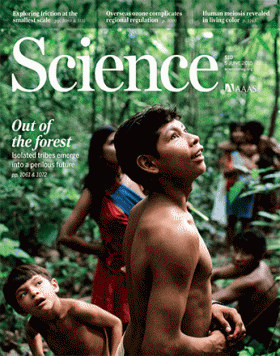
Most science lectures begin with a 5- to 10-min review of what was covered previously, but is this time well spent?
06/05/2015
A stopgap laboratory experience
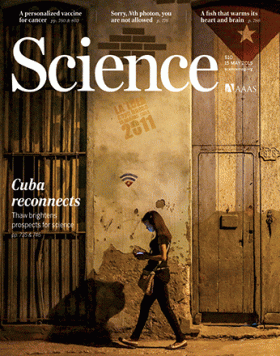
As science education moves toward lab-based courses, what happens to students without access to a lab?
05/15/2015
Out with tradition and in with inquiry
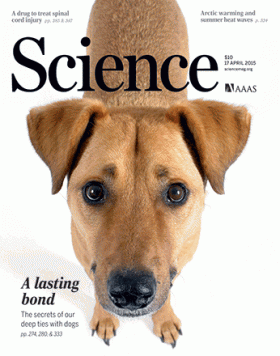
Replacing traditional chemistry labs with inquiry-based laboratories that mimic a research project is no easy feat.
04/17/2015
Women best men in study of tenure-track hiring
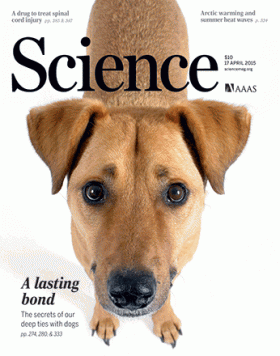
Female candidates twice as likely to get top rating.
04/17/2015
A CURE for promoting undergraduate research
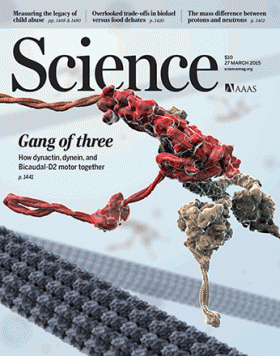
In a perfect world, all undergraduate students would participate in a Course-based Undergraduate Research Experience (CURE).
03/27/2015
Why many U.S. biology teachers are ‘wishy-washy’
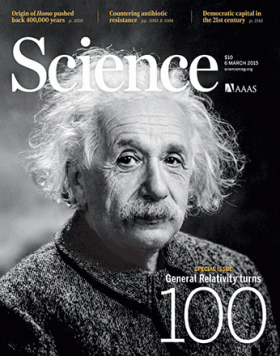
Future science teachers lack knowledge and role models.
03/06/2015
Translating clicks into efficiency
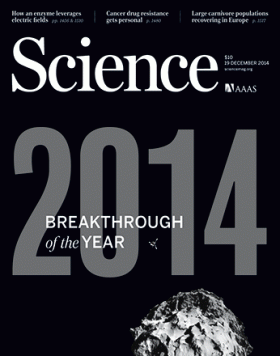
As the number of web-based resources for science education increases, evaluation of these websites remains limited.
12/19/2014
More Science in the Classroom
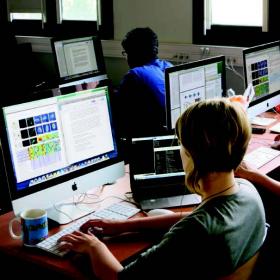
About a year ago, Bruce Alberts and I announced the launch of Science in the Classroom (scienceintheclassroom.org), an online resource of annotated research papers published in Science, with associated teaching materials designed to help pre-college and college students understand how science moves forward as a structured way of revealing the laws of nature.
11/21/2014
One scoring rubric to rule them all
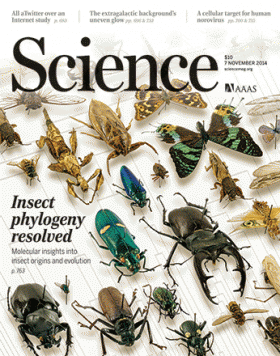
Evaluating the effectiveness of undergraduate STEM (science, technology, engineering, and mathematics) courses requires assessing teaching practices
11/07/2014
Mind the (gender) gap...it's still here
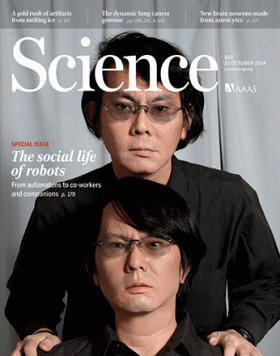
Unlike in mathematics, engineering, and other areas of science, the number of undergraduate female biology majors exceeds that of male biology majors.
10/10/2014
Collaborating on assessments
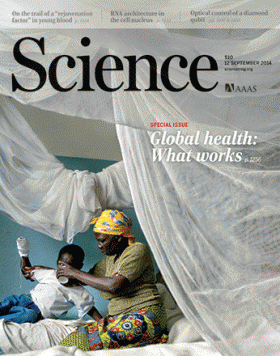
When teachers collaborate with educational researchers, everyone wins: Teachers focus on their practice and researchers learn about the challenges teachers face.
09/12/2014
Book Review: What is in a word
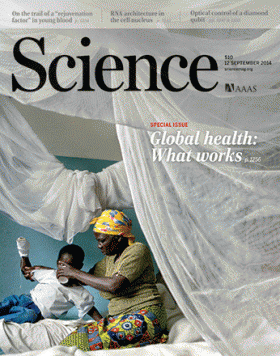
The Dyslexia Debate Julian G. Elliott and Elena L. Grigorenko Cambridge University Press, 2014. 290 pp.
09/12/2014
Models of education in medicine, public health, and engineering
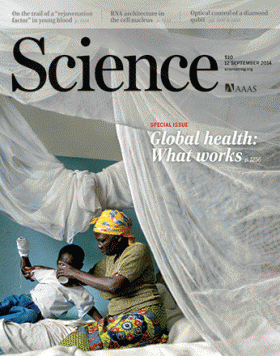
Discussion on global health in both the academic and the public domain has focused largely on research, capacity building, and service delivery. Although these efforts along with financial commitments from public and private partners have contributed to a broader appreciation and understanding of global health challenges, the reflection of global health in academic training has largely been lacking. However, integrative models are beginning to appear.
09/12/2014
Students produce assessment materials
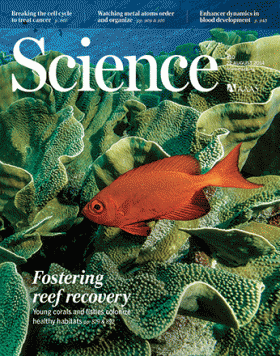
If teaching someone else is the best way to learn, what will students gain from writing their own test questions?
08/22/2014
An experiment in zero parenting
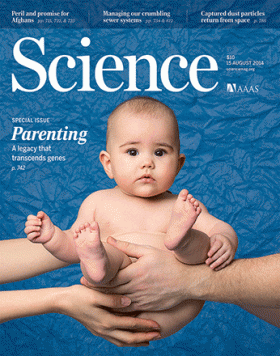
A controversial study of Romanian orphans reveals long-term harm to the intellect.
08/15/2014
Promoting evidence-based teaching
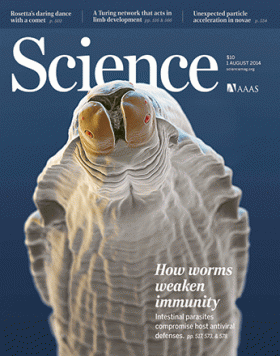
Empirical studies of science educational methods illuminate the best practices for getting students to learn.
08/01/2014
A research paper in seven moves or less
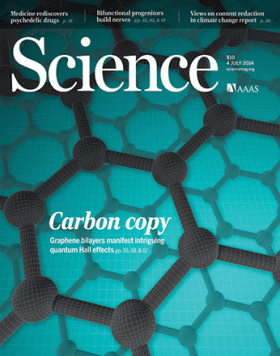
Genre analysis and argumentation theory, mainstays of literature classes, rarely appear in science classrooms.
07/04/2014
A new report from the Royal Society on improving U.K. science and mathematics education contains a lengthy wish list: Upper-level students should take a lot more science and math; more college graduates with science degrees should go into teaching; current teachers should continually upgrade their skills and have a larger voice in the educational process; and the government should de-emphasize the high-stakes tests used to measure student achievement.
07/04/2014
Active learning: The twilight of Chem 101?
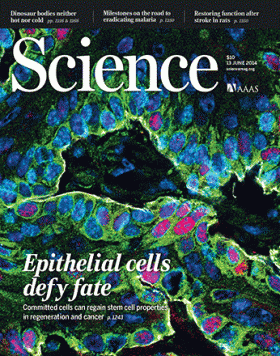
Should professors continue to use traditional lectures in undergraduate STEM (science, technology, engineering, and mathematics) classrooms?
06/13/2014
New grants bring STEM volunteers to schools
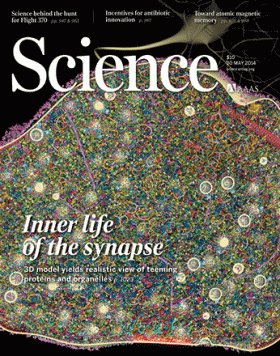
The AAAS National STEM Volunteer Program has awarded seven grants of approximately $12,000 each to nonprofit organizations working with AAAS members, to build collaborations between STEM professionals and K-12 students and teachers.
05/30/2014
Making business students science-savvy
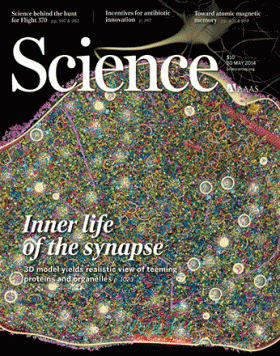
What happens when science pedagogy goes to business school?
05/30/2014
Think Outside the Lab
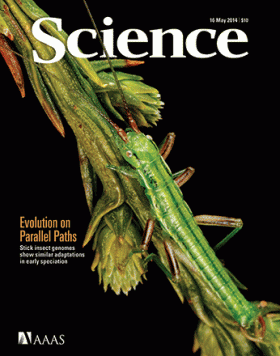
Last month, the U.S. National Science Foundation (NSF) released a report* with some grim news that confirmed what is painfully obvious to recent Ph.D. graduates in science, technology, engineering, and mathematics (STEM) fields: Unemployment for this cohort is on the rise (at 2.4% in 2010, up nearly a percentage point since 2008).
05/16/2014
Convergence Between Science and Environmental Education
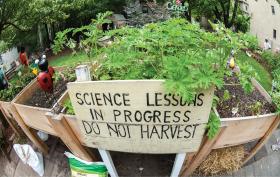
Citizen science and concerns about sustainability can catalyze much-needed synergy between environmental education and science education.
05/09/2014
Mentoring in All Its Varieties
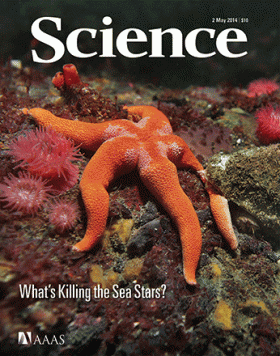
Mentoring is ubiquitous throughout the academic system, with mentors and mentees representing a diverse set of backgrounds, skill levels, and priorities.
05/02/2014
Computer-Guided Inquiry to Improve Science Learning
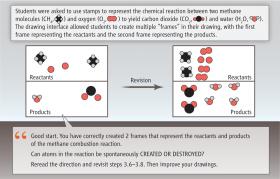
Automated guidance on essays and drawings can improve learning in precollege and college courses.
04/11/2014
Next Steps for Citizen Science
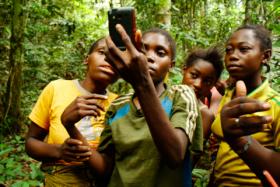
Strategic investments and coordination are needed for citizen science to reach its full potential.
03/28/2014
Owning the Experience
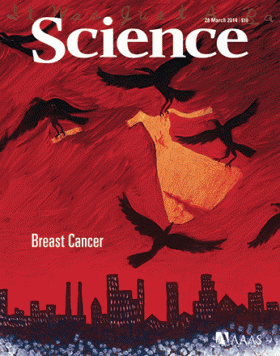
An essential component of a successful undergraduate research experience is project ownership.
03/28/2014
Teaching by Retraction
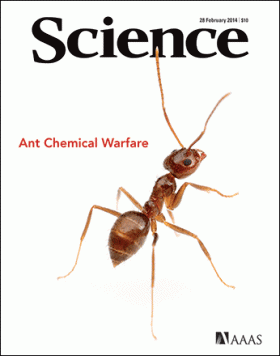
As funding for research grants becomes more competitive, the pressure to publish in top journals increases and may lead to an increase in ethical lapses.
02/28/2014
Time Well Spent?
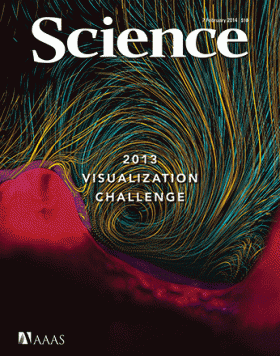
As science, technology, engineering, and mathematics (STEM) instruction begins to shift to a more active approach, how do we best collect and analyze data on how teachers and students spend their classroom time?
02/07/2014
A collection of Science NOW articles, the daily news service from Science.
01/11/2014
Studies Suggest Two-Way Street for Science Majors

Leah Gum's decision to switch from theater into electrical engineering isn't as rare as many experts think.
01/10/2014
Fostering Self-Worth
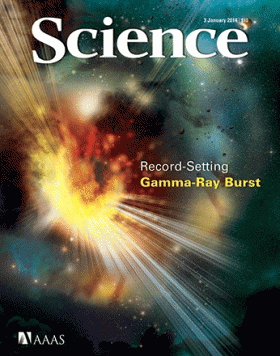
First-generation college students, where neither parent received a 4-year college degree, tend to perform more poorly and have higher dropout rates than continuing-generation students, who have at least one parent with a 4-year degree.
01/03/2014
Fostering Self-Worth
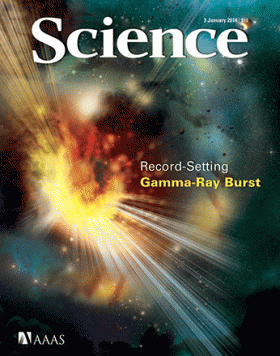
First-generation college students, where neither parent received a 4-year college degree, tend to perform more poorly and have higher dropout rates than continuing-generation students, who have at least one parent with a 4-year degree.
01/03/2014
Open Learning at a Distance: Lessons for Struggling MOOCs
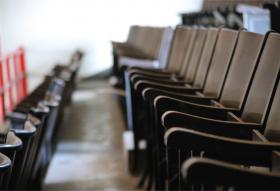
Support for nontraditional students, team-based quality control, and assessment design are critical.
12/20/2013
DNA Barcoding from NYC to Belize

The Student DNA Barcoding Project, an IBI prize–winning module, develops student generated research to study local biodiversity using molecular biology skills.
12/20/2013
Women in Physics
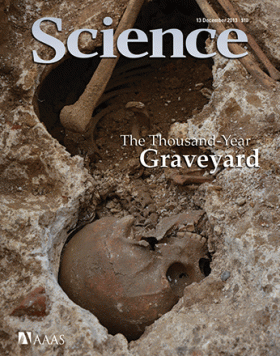
Women continue to be underrepresented in physical science classes and careers.
12/13/2013
Evaluating Computer Scoring
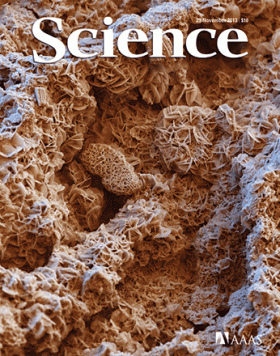
The preferred way to evaluate science students’ argumentation and communication skills is through written essays and oral interviews.
12/02/2013
Exploring the Evolution of Human Mate Preference
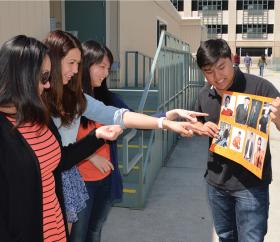
The Evolution of Human Mate Preference, an IBI prize–winning module, uses inquiry to elucidate strategies used by males and females to maximize reproductive fitness.
11/29/2013
Instructional Complexity and the Science to Constrain It
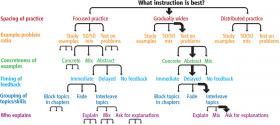
School-researcher partnerships and large <i>in vivo</i> experiments help focus on useful, effective, instruction.
11/22/2013
When Neuroscience Guides Education
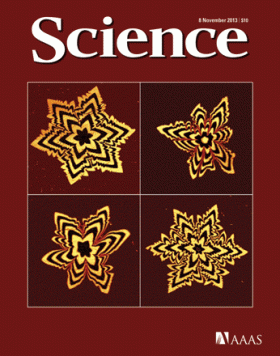
How do findings in neuroscience guide educational research and practice?
11/08/2013
AAAS National STEM Volunteer Program
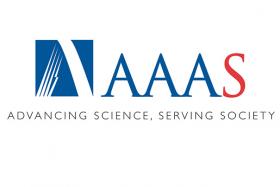
With nearly 100 volunteers spending a day a week in K-12 classrooms in the D.C. area, and a budding program in Seattle, AAAS is committed to working with scientists and engineers to make scientific literacy possible for all students.
Now, thanks to a generous donation from a AAAS Fellow, we are ready to grow these efforts into a nationwide network. Toward that end, AAAS is announcing the pilot stage of the AAAS National STEM Volunteer Program.
In 2014, AAAS will award five seed grants of up to $15,000 each to members working with non-profits in their community to bring scientists and engineers into local classrooms in an ongoing and meaningful way.
In addition to funding, AAAS will provide resources for developing, implementing, and sustaining the volunteer effort.
The deadline for submitting a letter of intent is November 18, 2013, and the full application deadline is December 20, 2013. All grants will be awarded by February 28, 2014.
http://membercentral.aaas.org/volunteer/ansvp
10/31/2013
Radiation and Atomic Literacy for Nonscientists
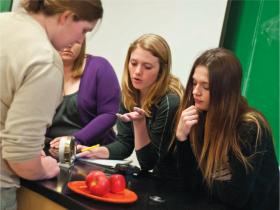
Inquiry into Radioactivity, an IBI prize–winning module, enables students to develop meaningful understandings of ionizing radiation through guided experimentation.
10/25/2013
IBI Winner for October is Announced
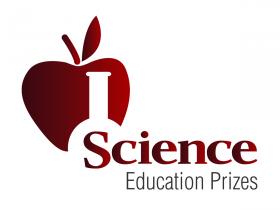
The IBI Winner for October has been announced. It is "Inquiry into Radioactivity" out of Black Hills State University. You can download the PDF here.
Inquiry into Radioactivity, an IBI prize–winning module, enables students to develop meaningful understandings of ionizing radiation through guided experimentation.
The following press release contains an interview with the author where you can learn about the creation of "Inquiry into Radioactivity."
http://www.eurekalert.org/pub_releases/2013-10/aaft-ici101813.php
10/25/2013
Welcome to the Science Education Portal!
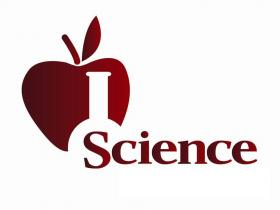
Welcome to the Science Education Portal, a "one-stop shop" for all of Science Magazine's freely available education content. We will use this blog to highlight available content on the website and to feature relevant science education work.
10/18/2013
Science Demystified
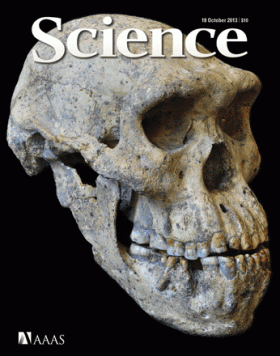
We are pleased to announce a new resource from science for exposing pre-college and university students to the nature of science as a fascinating and powerful way of knowing about the world.
10/18/2013
Learners As Teachers
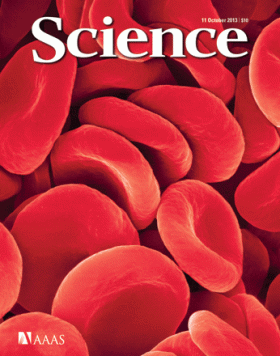
Among emerging massive open online courses, the Peer 2 Peer University remains unique.
10/11/2013
Students Propose Genetic Solutions to Societal Problems
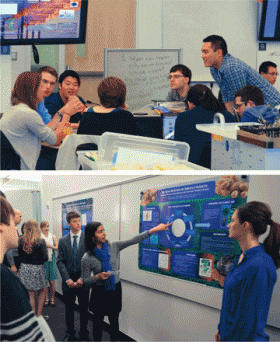
The Genetic Engineering Proposal Project, an IBI prize–winning module, teaches biology students to devise innovative bioproducts or solutions to environmental or health problems.
09/27/2013
Increasing Persistence of College Students in STEM
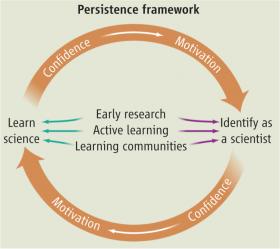
An evidence-based framework offers a guide for efforts to increase student persistence in STEM majors.
09/27/2013
Self-Efficacy Is the Key
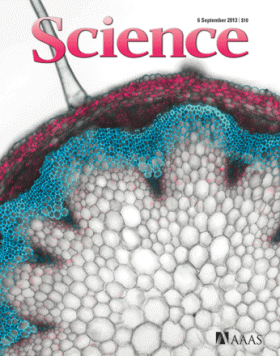
The natural response to the shift toward inquiry-based science education is an increase in faculty-mentored undergraduate research experiences (UREs).
09/06/2013
A Teacher’s Quest
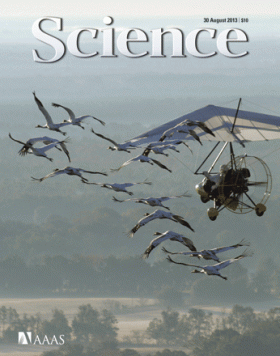
Biologist Steve Robinson is leaving a high-level White House post for a high school in New York City in a career-long quest to understand the secret behind great teaching.
08/30/2013
An Inquiry into the Water Around Us
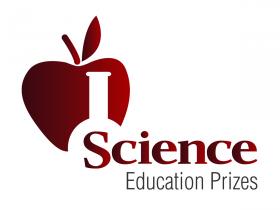
An Inquiry into the Water Around Us, an IBI prize–winning module, brings the college classroom into the community.
08/30/2013
Can Rating Pre-K Programs Predict Children's Learning?
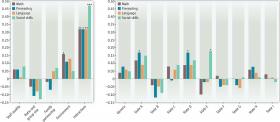
Systems intended to rate the quality of early education programs may not actually reflect impacts on learning.
08/23/2013
Active Investment
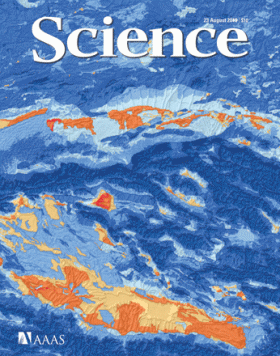
Traditional classrooms, where rows of students face an instructor, may be an obstacle as science education moves toward inquiry-based learning.
08/23/2013
An Invisible Hand Behind Plan to Realign U.S. Science Education
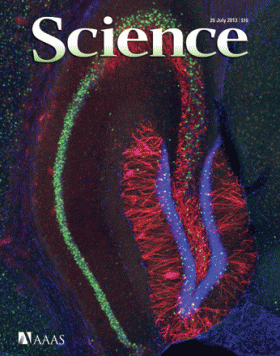
Meet the master bureaucrat behind President Obama's controversial proposal to reshuffle the federal government's $3-billion-a-year investment in STEM education.
07/26/2013
NIH Teaching Units, Cherished in Schools, May Be Shredded
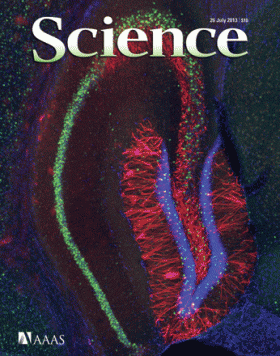
The science education office at the National Institutes of Health may be forced to dump 180 tons of supplemental lessons on a range of health science issues if it loses its funding under a proposed reorganization of federal STEM education programs.
07/26/2013
Engaging High School Students in Research on Smoking Behavior
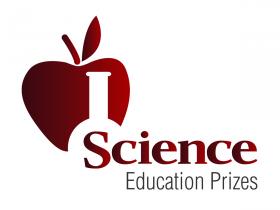
Exploring Databases, an IBI prize–winning module, enables students to conduct epidemiological research on smoking behavior using a database.
07/26/2013
Modeling Conceptual Understanding
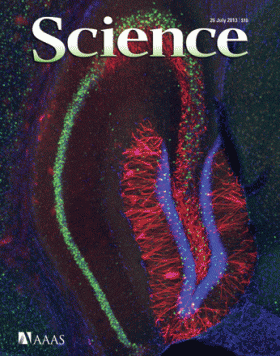
Reforms in biology education aim to develop students’ understanding of biological processes in the context of systems, both within and across spatial and temporal scales.
07/26/2013
Crowdsourcing and Curating Online Education Resources
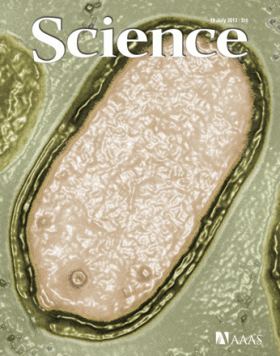
The diverse wealth of crowdsourced online tools can benefit from professional coordination and quality control.
07/19/2013
The Complete Collection of SPORE Web Site Winners
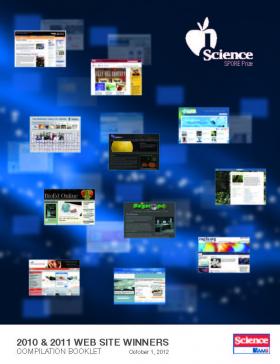
We hope that readers will value in this compilation of winning SPORE Prize essays plus related editorial content.
07/09/2013
Interdisciplinary Check
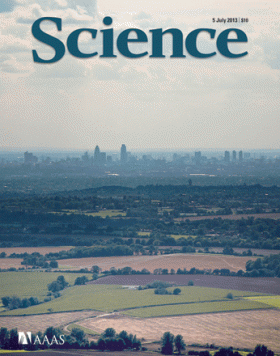
Interdisciplinarity has been increasingly called for in U.S. science education, but it is not always clear how to best integrate it into the curricula.
07/05/2013
Investigating Ecosystems as a Blended Learning Experience
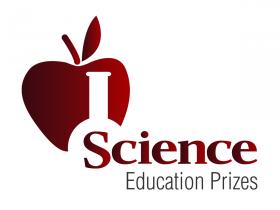
The SCY ECO mission, an IBI prize–winning module, fosters inquiry learning, collaboration, and design for ecology following a blended learning approach.
06/28/2013
Government funding has powered U.S. research universities to global preeminence. With that support now shaky, can philanthropy help them maintain their lead?
06/21/2013
Students as Collaborators in Systems Biology Research
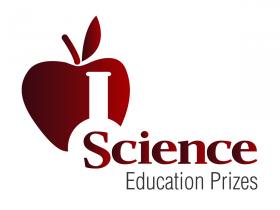
Quantitative Trait Mapping, an IBI prize–winning module, immerses students in the role of a systems biology researcher.
05/31/2013
Drawing to Learn
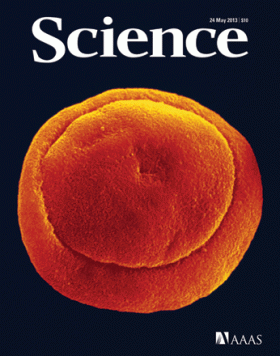
Science education is shifting away from the memorization of facts and moving toward educational experiences that correspond with authentic research and the scientific process.
05/24/2013
Motivation + Skill = Success
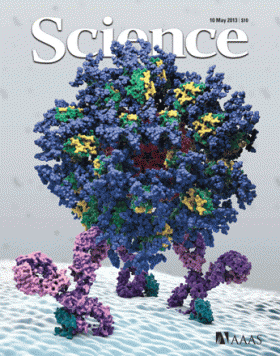
Both motivational and cognitive variables play a role in academic achievement.
05/10/2013
Gaming Knowledge
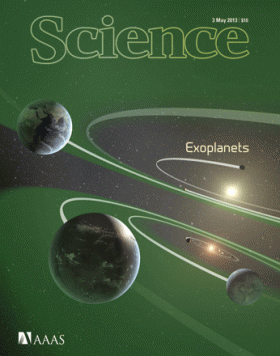
Video games have great potential to support educational objectives.
05/03/2013
Root Cause Analysis for Young Engineers
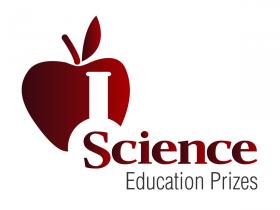
Root Cause Analysis, an IBI prize–winning module, requires students to use a systematic approach to analyze complex problems.
04/26/2013
A Business View on U.S. Education
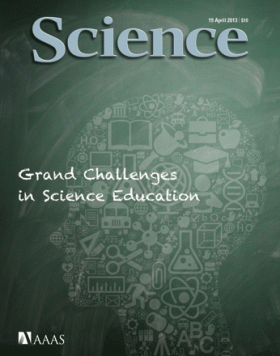
Business leaders depend on an education system capable of providing a workforce able to compete in a global marketplace.
04/19/2013
Transformation Is Possible if a University Really Cares
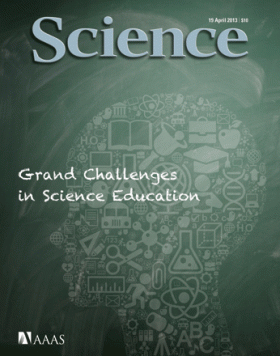
The same attention to scientific detail that led to his Nobel Prize is helping Carl Wieman improve how undergraduates learn science.
04/19/2013
Teacherpreneurs: A Bold Brand of Teacher Leadership for 21st-Century Teaching and Learning
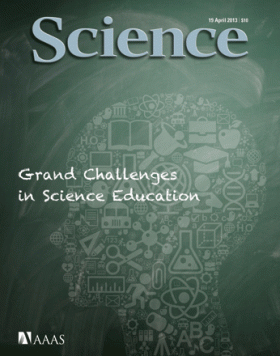
Challenges facing our public schools demand a bold brand of teacher leadership.
04/19/2013
Plenty of Challenges for All
04/19/2013
Prioritizing Science Education
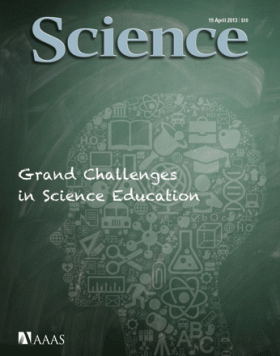
By Bruce Alberts. THIS SPECIAL ISSUE OF SCIENCE EXPLORES “GRAND CHALLENGES IN SCIENCE EDUCATION,” A CRITICAL set of the problems and exciting opportunities now facing science education on a global level.
04/19/2013
Opportunities and Challenges in Next Generation Standards
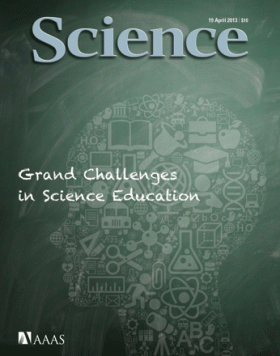
Goals for literacy, math, and science education may increase citizens’ capacity to argue from evidence.
04/19/2013
Driven by Diversity
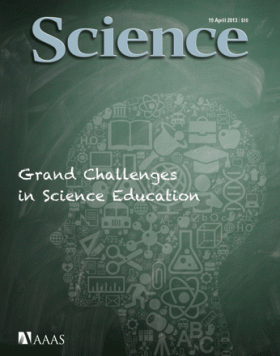
Evidence is growing on benefits, and approaches, to increase diversity in the science and engineering workforce.
04/19/2013
Integrating Inquiry-Based Teaching with Faculty Research
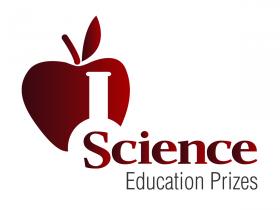
Biology 44Y, an IBI prize–winning module, helps students do science by practice, with a focus on plant-pollinator-microbe interactions as a model system.
03/29/2013
Testing at a Higher Level
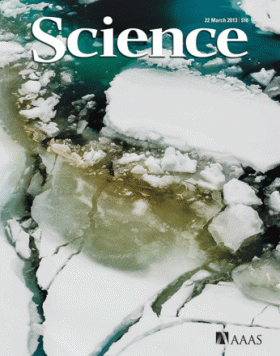
The development of higher-order cognitive skills (HOCSs) is central to recent education reform efforts, yet data indicate that few courses are able to successfully assess these skills.
03/22/2013
Am I Wrong?
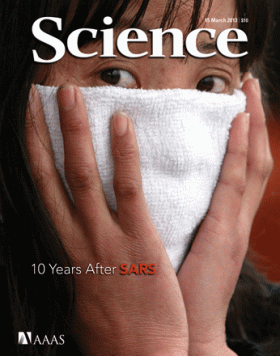
By Bruce Alberts. I HAVE SEVEN GRANDCHILDREN, AND I WORRY ABOUT THEIR FUTURE. THE NATION THAT I WAS RAISED in, the United States, has clearly lost its way at a time when the world badly needs wise leadership
03/15/2013
Owning Up
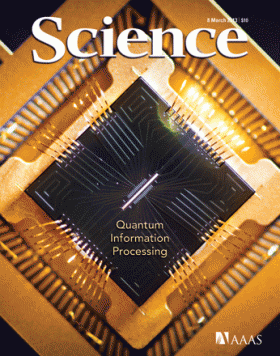
One argument in favor of inquiry-based instruction is that it provides students with a sense of ownership over their learning.
03/08/2013
Mars Student Imaging Project: Real Research by Secondary Students
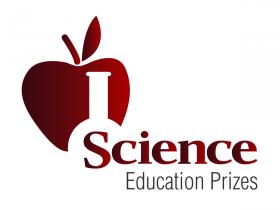
The Mars Student Imaging Project, an IBI prize–winning module, provides student access to NASA scientists and spacecraft data.
02/22/2013
Stats for Scientists
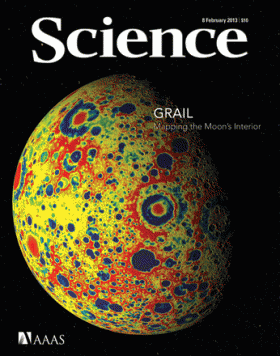
Most science students receive their math instruction through the math department.
02/08/2013
Keeping an Eye on Biology
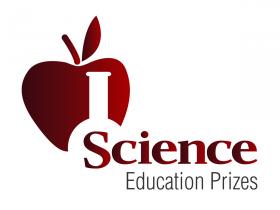
Genomics Explorers, an IBI prize–winning module, engages students with bioinformatics and molecular research.
01/25/2013
Science Learning Progressions
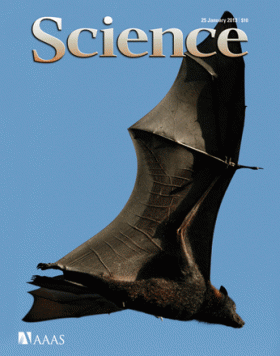
New science education standards build upon research-based cognitive models of how learning unfolds over time.
01/25/2013
Assessing Literacy
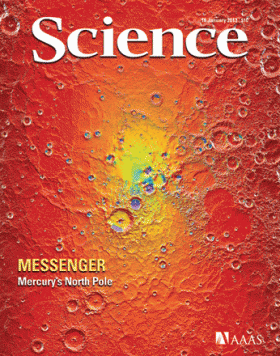
Scientific literacy, a skill needed beyond the classroom, is being integrated into general education curriculums, resulting in a need to assess students as they develop scientific literacy skills.
01/18/2013
How We Got Here: An Inquiry-Based Activity About Human Evolution
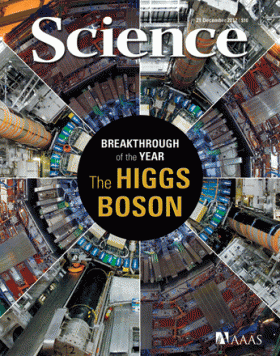
Show your students the face of a baby chimpanzee, and they will be startled and amazed by how human she is.
12/21/2012
Summing Up Math Standards
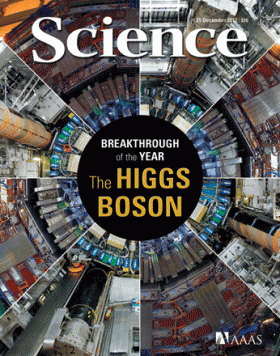
Are the Common Core State Standards for Mathematics (CCSSM), which are about to be implemented in the United States, high-quality standards that are internationally competitive?
12/21/2012
Interdisciplinary Graduate Training in Teaching Labs
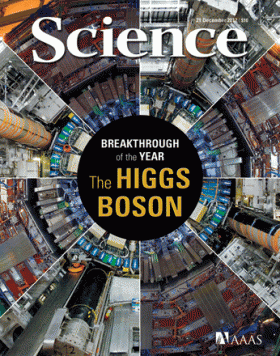
Intensive, short-term courses meld students and faculty and new techniques in pursuit of genuine research questions.
12/21/2012
Raising Up a Fallen Ivory Tower
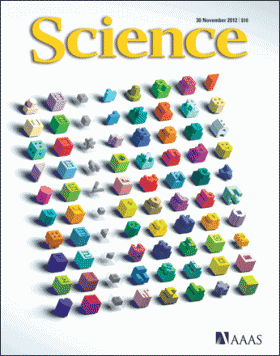
Myanmar's universities, benighted after decades of isolation and neglect, are striving to make up lost ground and recover lost student bodies.
11/30/2012
Solving Complex Problems
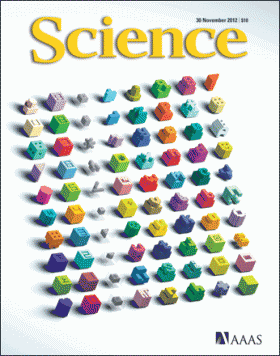
Before he became America’s first de facto science adviser, Vannevar Bush was a professor of Electrical Engineering and, eventually, dean of Engineering and vice president at the Massachusetts Institute of Technology (MIT).
11/30/2012
Quality Assurance
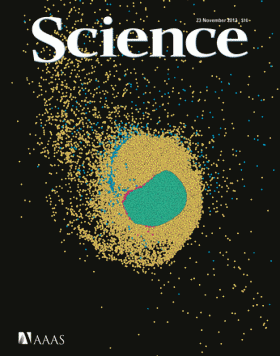
Measuring teacher quality is a contentious topic; everyone agrees it should be done, but few can agree on how best to do it.
11/23/2012
Gauging Competitiveness
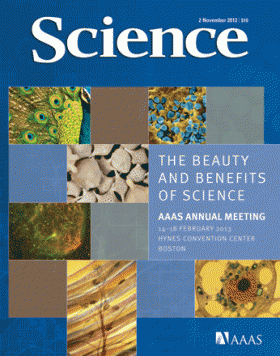
Supported by data showing that U.S. students perform substantially below their international peers, politicians justify their education policies by linking them to the need to be competitive in a global economy.
11/02/2012
Student-Directed Discovery of the Plant Microbiome and Its Products
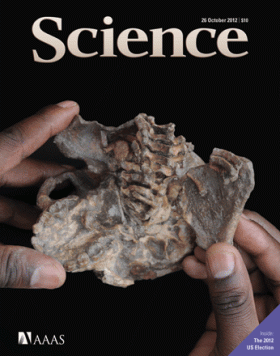
Macroscopic organisms, even when healthy, harbor diverse microorganisms that influence their development, physiology, and fitness.
10/26/2012
A Mutant Search—Caenorhabditis elegans and Gene Discovery
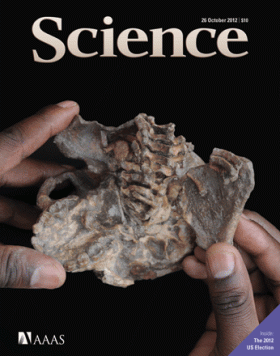
With ~36,000 students enrolled, the University of North Texas is the fourth largest state university in
Texas.
10/26/2012
How to Train a Leader
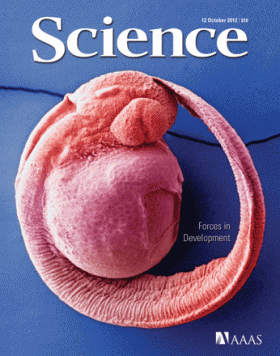
If we are to increase the number of women in science, technology, engineering, math, and medicine (STEMM), it is imperative to increase the number of women in STEMM leadership roles.
10/12/2012
The Efficacy of Student-Centered Instruction in Supporting Science Learning
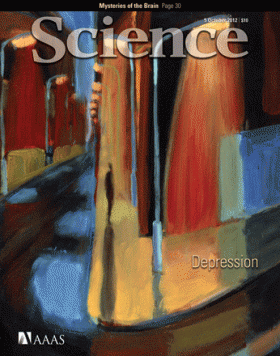
Transforming science learning through student-centered instruction that engages students in a variety of scientific practices is central to national science-teaching reform efforts.
10/05/2012
Personal Plants: Making Botany Meaningful by Experimentation
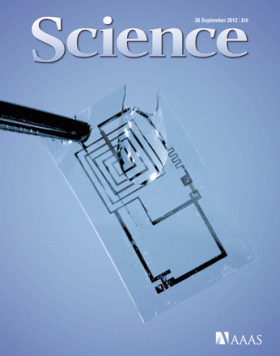
The use of scientific inquiry in studying plant growth is perhaps as old as agriculture itself.
09/28/2012
Sustaining Innovative Teaching
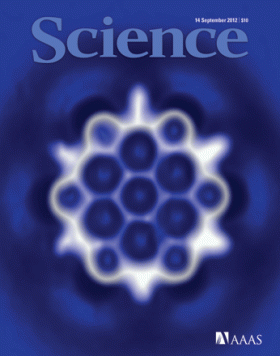
Recent emphasis on improving science education has led to the development of high-quality research-based instructional strategies (RBISs).
09/14/2012
Discovering Nanoscience
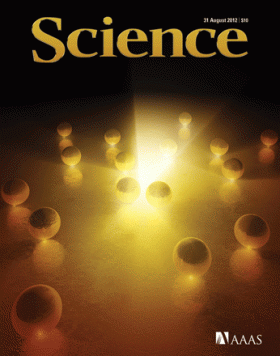
The President’s Council of Advisors on Science and Technology stresses the importance of adoption of empirically validated instructional practices, such as inquiry-based laboratory experiences, in higher education .
08/31/2012
Making Use of Misconceptions
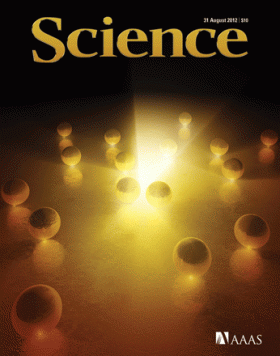
Ironically, educators themselves hold misconceptions on how best to deal with their students’ preexisting ideas.
08/31/2012
Math + Science = Success
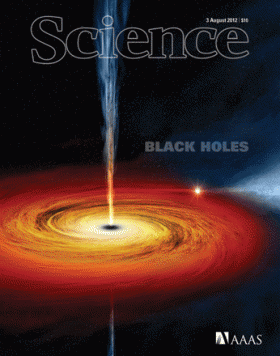
Is there any truth to the idea that biology students are interested in science yet are apprehensive about math?
08/03/2012
Engaging Students in Molecular Biology via Case-Based Learning
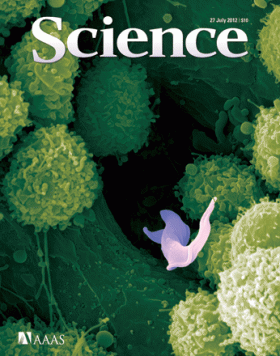
Case It! (www.caseitproject.org) originated at the 1995 BioQUEST Summer Workshop and has developed over the years into an effective system for case-based learning useful for both high school and university educators.
07/27/2012
Aipotu: Simulation from Nucleotides to Populations and Back Again
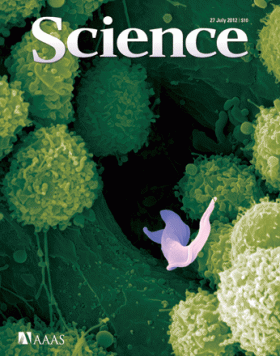
Imagine an undergraduate research project where students are given samples of an uncharacterized plant species.
07/27/2012
A Failure to Forget
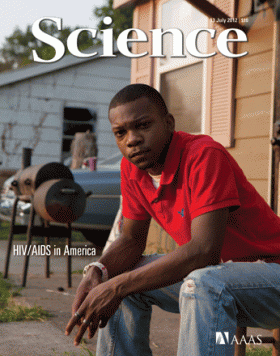
Students with science misconceptions often have a hard time giving them up, especially if they have held them for a long time.
07/13/2012
Engaging Students in Earthquakes via Real-Time Data and Decisions
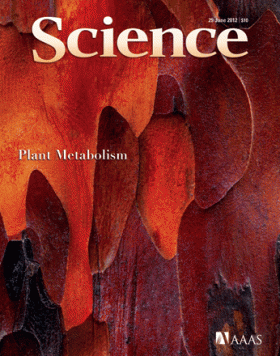
The topic of earthquakes appears in virtually all introductory undergraduate geoscience courses.
06/29/2012
Respect My Authority
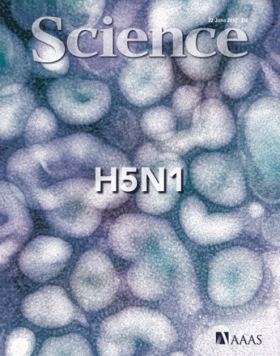
Graduate teaching assistants (TAs) are regular fixtures in science classrooms; however, their status and authority as teachers remain ambiguous.
06/22/2012
Automate to Educate
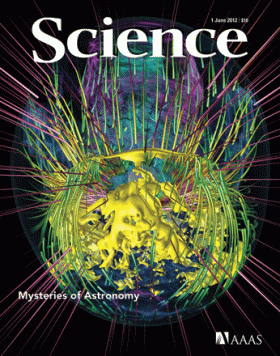
Science education reforms face a daunting challenge: How do we assess skills that cannot be easily automated or digitized?
06/01/2012
Learning Biology by Recreating and Extending Mathematical Models
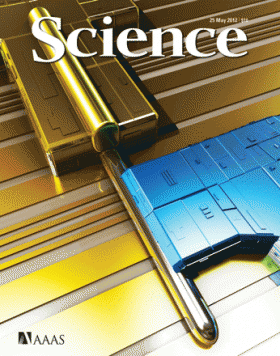
Biological systems are dynamic.
05/25/2012
All in Our Heads?
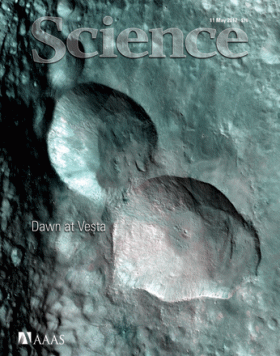
Math anxiety is a familiar ailment to many adults; however, little is known regarding its neurodevelopmental basis.
05/11/2012
Engaging Undergraduates in Global Health Technology Innovation
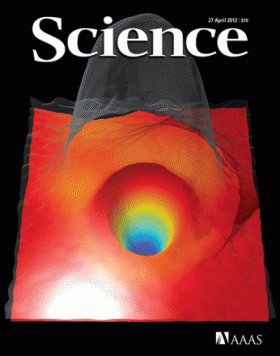
It takes only 90 minutes to fly from Miami to Port-au-Prince, Haiti, but the cities are a world apart.
04/27/2012
Getting the Question Right
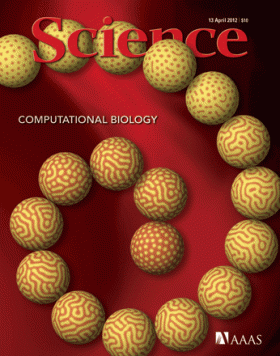
An inquiry-based science curriculum requires teachers to generate scientific questions for their students.
04/13/2012
Adapting to Osmotic Stress and the Process of Science
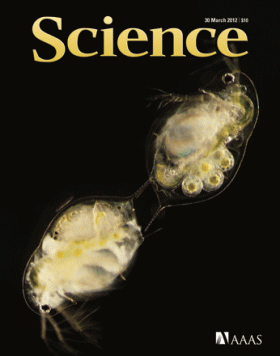
Inquiry-based approaches to science education improve critical thinking and engagement of students in coursework along with immersing them in the nature of science.
03/30/2012
Investigating Arabia Mountain: A Molecular Approach
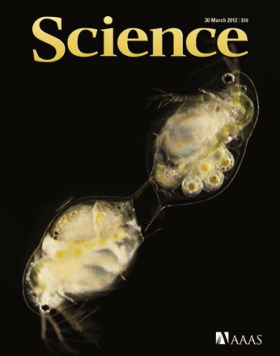
Exposing undergraduate students to inquiry and discovery, elements that lie at the core of science, is an effective strategy to lure them into the scientific world.
03/30/2012
Engage to Excel
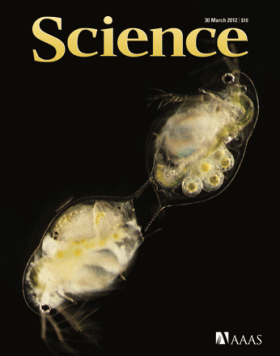
IN 2010, WE AND OUR COLLEAGUES ON THE PRESIDENT’S COUNCIL OF ADVISORS ON SCIENCE and Technology (PCAST) released a report entitled Prepare and Inspire: K-12 Education in Science, Technology, Engineering and Math (STEM) Education for America’s Future.
03/30/2012
Forget Me Not
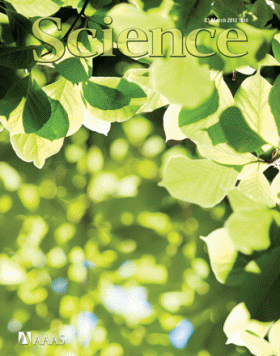
Since 1975, the same Prior Knowledge Test (PKT) has been given to incoming students studying physics at the University of Bristol, UK.
03/23/2012
America’s Community Colleges
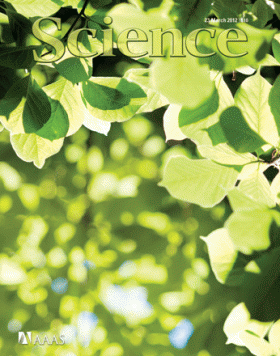
IN THE 2009 AMERICAN GRADUATION INITIATIVE, PRESIDENT OBAMA ENTHUSIASTICALLY HIGHLIGHTED the importance of community colleges—publicly funded 2-year institutions—for meeting the projected growth in jobs requiring a college degree.
03/23/2012
On Teaching, Tuition, and Talent
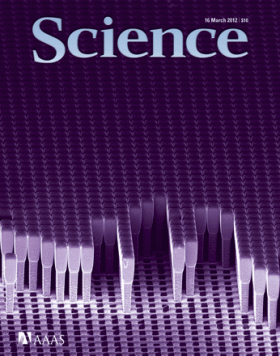
U.S. research universities are being asked to improve instruction, hold down costs, and promote economic growth. Are they up to the challenge?
03/16/2012
The Effects of Experience and Attrition for Novice High-School Science and Mathematics Teachers
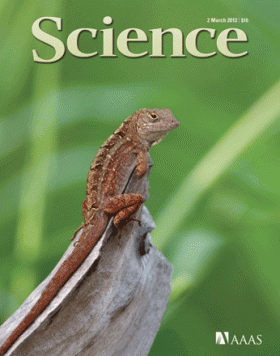
Because of the current high proportion of novice high-school teachers, many students’ mastery of science and mathematics depends on the effectiveness of early-career teachers.
03/02/2012
Getting the Rubric Right
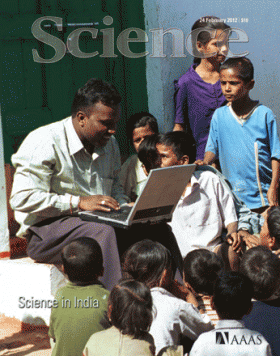
Despite the growing popularity of online learning, how to grade online discussions remains a challenge.
02/24/2012
A Season for Inquiry: Investigating Phenology in Local Campus Trees
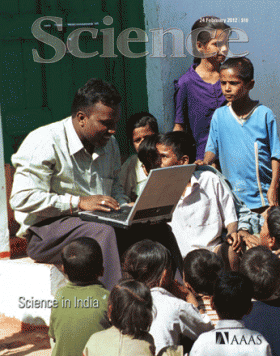
Michigan State University rightfully claims one of the most beautiful campuses in the Midwest.
02/24/2012
Survival Analysis of Faculty Retention in Science and Engineering by Gender
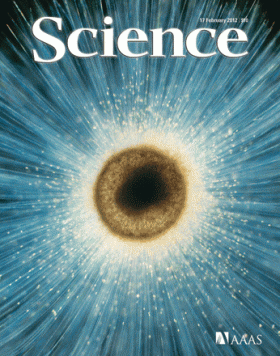
Individual assistant professors (a total of 2966 faculty) hired in science and engineering since 1990 at 14 United States universities were tracked from time of hire to time of departure by using publicly available catalogs and bulletins.
02/17/2012
Science Illustrated
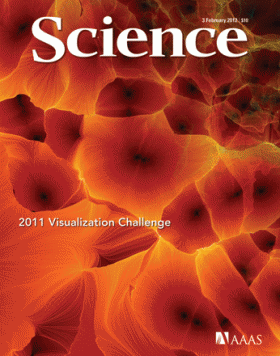
U.S. college freshmen aspiring to a career in science often lose their enthusiasm.
02/03/2012
An Inquiry-Based Curriculum for Nonmajors
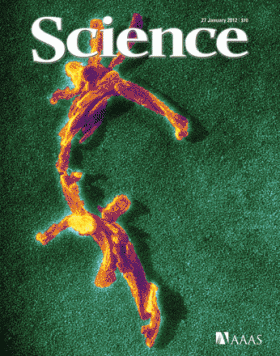
Only 28% of the U.S. adult population is considered scientifically literate.
01/27/2012
Teaching Real Science
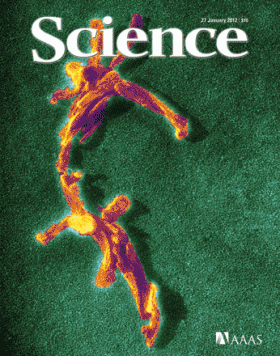
IN THIS ISSUE OF SCIENCE, WE ARE PUBLISHING THE FIRST OF 15 WINNING ENTRIES FOR the 2011 Science Prize for Inquiry-Based Instruction (p. 418), a laboratory module entitled Light, Sight, and Rainbows.
01/27/2012
Trivializing Science Education
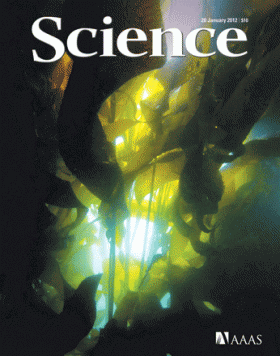
I WAS PROMPTED TO WRITE THIS EDITORIAL AFTER PLAYING AN ELECTRONIC VERSION OF THE old board game Trivial Pursuit with my grandchildren over the holiday break.
01/20/2012
Physical Meets Virtual
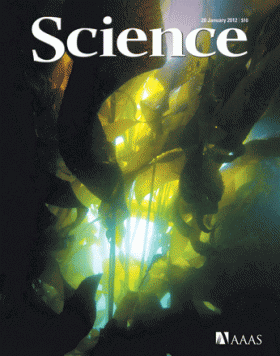
Studies designed to evaluate the relative educational merit of two modes of laboratory instruction have produced inconsistent results.
01/20/2012
It’s the Teachers
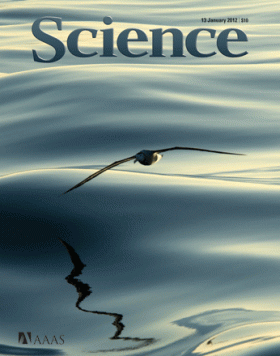
THE POOR PERFORMANCE OF U.S. STUDENTS ON INTERNATIONAL MEASURES OF SCIENCE AND MATH has been bemoaned by everyone from the president to concerned parents.
01/13/2012
Lessons from a Science Education Portal
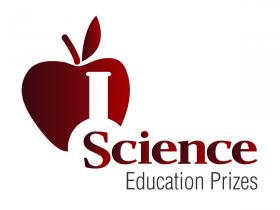
Doing your best on the Web requires attending to search engines, answering hard questions, and making cybertools accessible to a broad audience.
12/23/2011
Calendar Effects
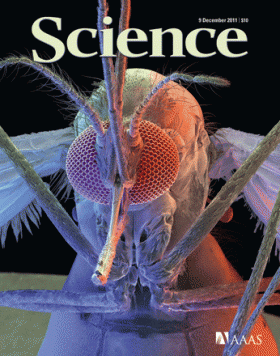
Does the organization of the school calendar affect student learning?
12/09/2011
Open Source Physics
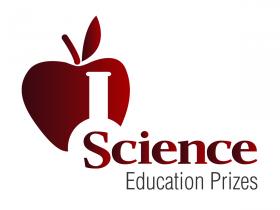
A curriculum resource designed around interactive computer-based modeling brings computational physics to students of all levels.
11/25/2011
Less Is More
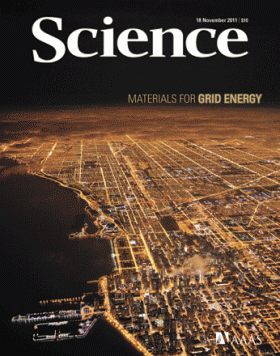
Our understanding of how laboratory materials influence student learning with respect to problem-solving remains limited.
11/18/2011
An Online Community for Students Who Love STEM
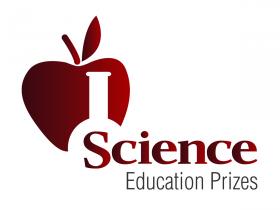
The next generation of STEM innovators interacts with practicing scientists, mathematicians, and each other.
10/28/2011
Making Earth Science Data Accessible and Usable in Education
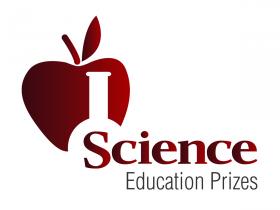
The Earth Exploration Toolbook provides instructions on accessing and analyzing Earth science data to explore scientific concepts and issues.
09/30/2011
Astronomical Perspectives for Young Children
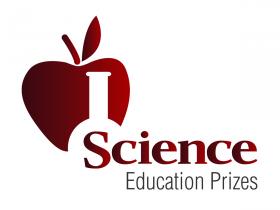
Crowd-sourced efforts and online educational resources are able to multiply the impact of astronomy outreach and education.
08/26/2011
Graduate Students’ Teaching Experiences Improve Their Methodological Research Skills
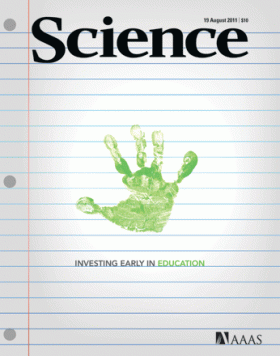
Science, technology, engineering, and mathematics (STEM) graduate students are often encouraged to maximize their engagement with supervised research and minimize teaching obligations.
08/19/2011
Laying the Foundation for Lifetime Learning
08/19/2011
Getting Education Right
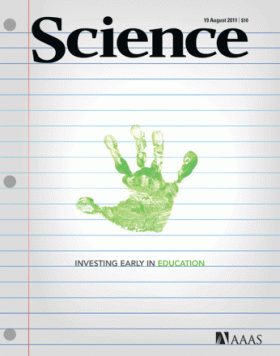
SCIENCE HAS PUBLISHED THREE EDUCATION SPECIAL ISSUES SINCE I BECAME EDITOR-IN-CHIEF in 2008.
08/19/2011
A Passion for Early Education
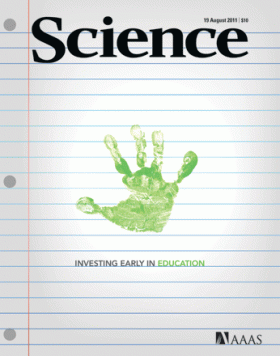
Joan Lombardi brings experience and energy to the Obama Administration's efforts to better coordinate federal children's health and education programs.
08/19/2011
An Interaction-Based Approach to Enhancing Secondary School Instruction and Student Achievement
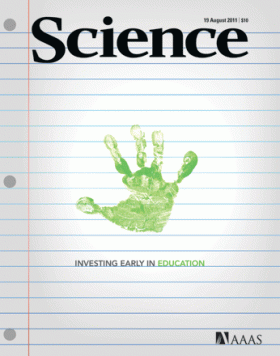
Improving teaching quality is widely recognized as critical to addressing deficiencies in secondary school education.
08/19/2011
Gauging Merit in the Badge
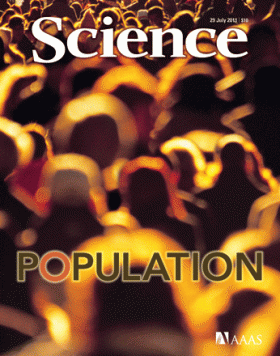
The Boy Scout merit badge program is an informal educational experience allowing Scouts to explore a variety of subjects, including science.
07/29/2011
Facilitating Scientifi c Investigations and Training Data Scientists
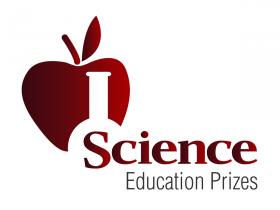
Students and teachers have free online access to an electron microscope in order to explore the world of insects.
07/29/2011
Global Human Capital: Integrating Education and Population
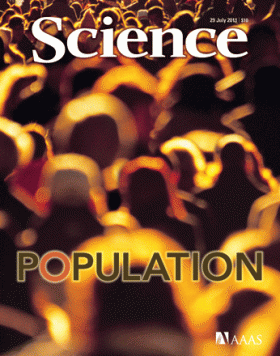
Better education is associated with lower mortality, better health, and different migration patterns. Hence, the global population outlook depends greatly on further progress in education, particularly of young women.
07/29/2011
School-Based Early Childhood Education and Age-28 Well-Being: Effects by Timing, Dosage, and Subgroups
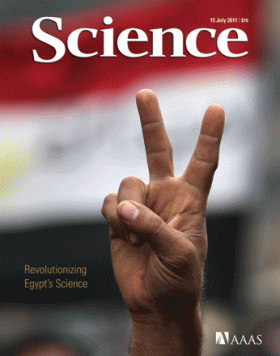
Advances in understanding the effects of early education have benefited public policy and developmental science.
07/15/2011
Avoiding a Setback to STEM
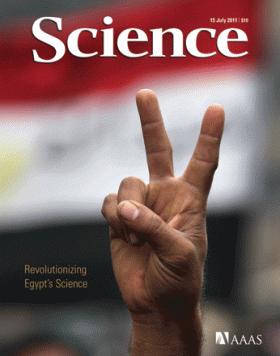
MANY NATIONS NOW SHARE THE COMMON GOAL OF ACHIEVING A HIGH QUALITY OF SCIENCE education at earlier stages of learning.
07/15/2011
Computational Experiments for Science Education
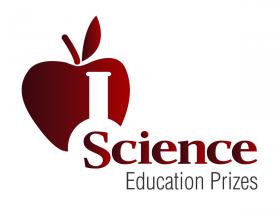
Computational experiments based on solving fundamental physics equations bring authentic science to the classroom.
06/24/2011
A Destination in Time
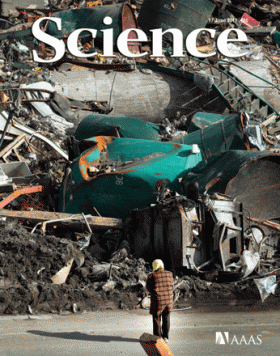
Deep time, the scale used to measure evolutionary, geologic, and cosmological events, is a difficult concept to teach.
06/17/2011
Increased Structure and Active Learning Reduce the Achievement Gap in Introductory Biology
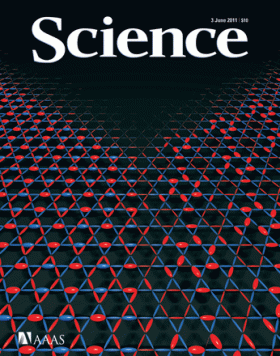
Science, technology, engineering, and mathematics instructors have been charged with improving the performance and retention of students from diverse backgrounds.
06/03/2011
The Periodic Table of Videos
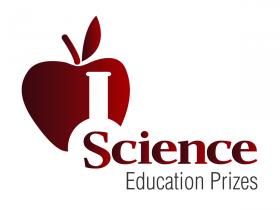
A YouTube project, started on impulse, has become a chemistry resource in daily use in classrooms and homes worldwide.
05/27/2011
Improved Learning in a Large-Enrollment Physics Class
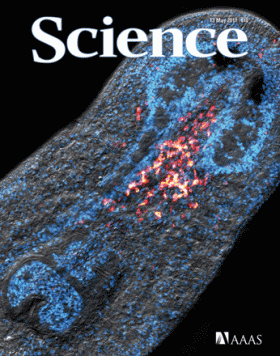
We compared the amounts of learning achieved using two different instructional approaches under controlled conditions.
05/13/2011
All Together Now
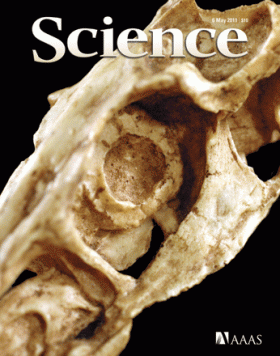
The recent explosion of citizen science activities has been accompanied by informal science education efforts aimed at fostering partnerships between students, academics, and industrial scientists.
05/06/2011
Science Buddies: Advancing Informal Science Education
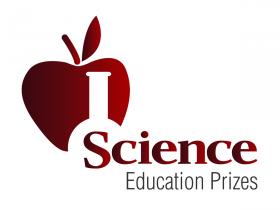
An innovative nonprofit enables scientists to present inspiring project ideas based on their own research to K–12 students parents, and teachers.
04/29/2011
Sizing Up Education Specialists
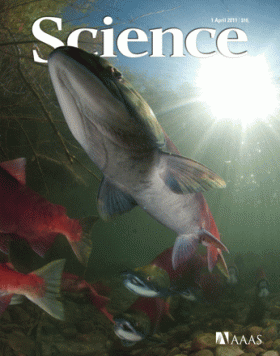
Attempts to include education training into already demanding science faculty schedules have been challenging.
04/01/2011
Building Botanical Literacy
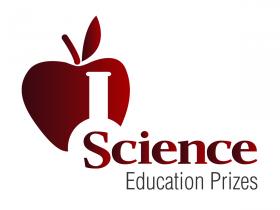
Online mentors inspire interest in science while engaging students in thinking about plant biology.
03/25/2011
Bringing the Museum into the Classroom
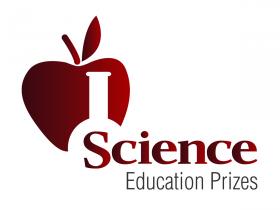
Digital modules for online resources and good metadata help teachers find the museum’s rich, authoritative science content to use in their classrooms.
02/25/2011
Retrieval Practice Produces More Learning than Elaborative Studying with Concept Mapping
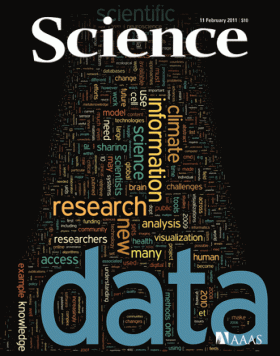
Educators rely heavily on learning activities that encourage elaborative studying, whereas activities that require students to practice retrieving and reconstructing knowledge are used less frequently.
02/11/2011
Child Scientists
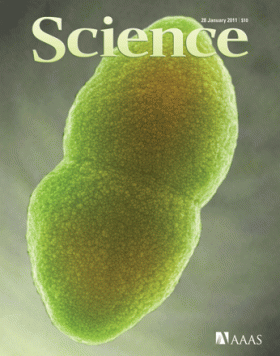
What would happen if, instead of consulting previous literature, scientists asked children for advice on designing experiments?
01/28/2011
Penguins and Polar Bears Integrates Science and Literacy
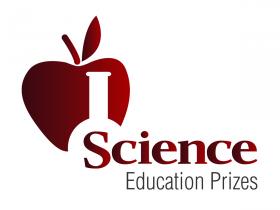
Elementary teachers find resources about the Arctic and Antarctica along with practical ideas for enhancing children’s literacy skills in this online project.
01/28/2011
Writing About Testing Worries Boosts Exam Performance in the Classroom
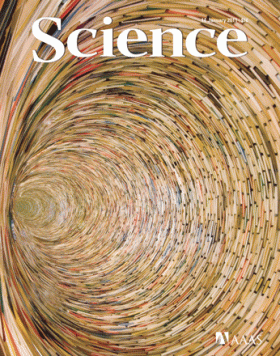
Two laboratory and two randomized field experiments tested a psychological intervention designed to improve students’ scores on high-stakes exams.
01/14/2011
Science 101: Building the Foundations for Real Understanding
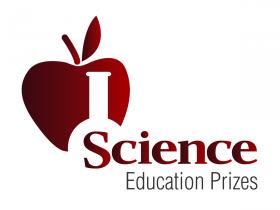
Two online projects offer one-stop shopping for teaching evolution, as well as the nature and process of science.
12/24/2010
Got a Question? “Ask A Biologist”
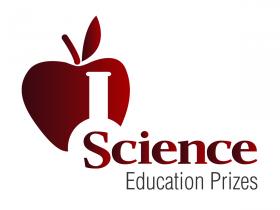
An educational Web site adds new twists to learning by promoting direct conversations between scientists and the public.
11/26/2010
Handful of U.S. Schools Claim Larger Share of Output
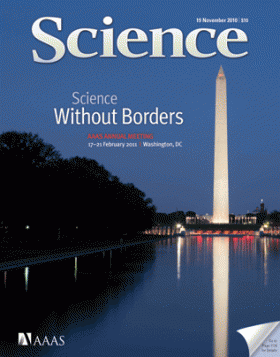
Quality attracts quality in academic research. But is that the best way to achieve economic prosperity?
11/19/2010
Physical Phenomena in Real Time
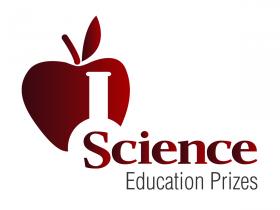
The use of videos allows teachers to tame the vagaries of experimentation while engaging students in the process of physics.
10/29/2010
Immunology for Clinicians: A “Trojan Horse” Approach
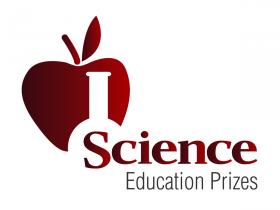
A South African Web site imparts basic immunology information to clinicians and other health-care workers.
09/24/2010
The Universe Online
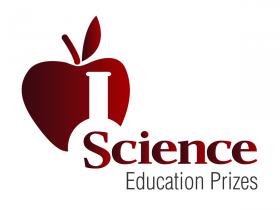
Data from the Sloan Digital Sky Survey can be used by students, teachers, and the public to contribute to scientific research.
08/27/2010
MIT OpenCourseWare: Unlocking Knowledge, Empowering Minds
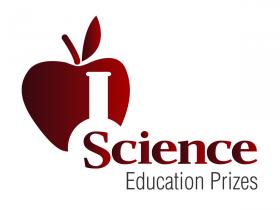
A collection of more than 2000 course syllabi, lecture notes, assignments, and exams is provided free of charge.
07/30/2010
Resources for Anyone Interested in the Brain
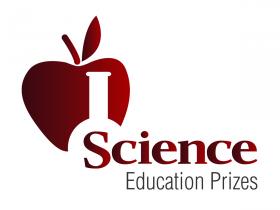
Games, information, and discussions with scientists bring neuroscience knowledge to all hands.
06/25/2010
Using Video to Build Learning Contexts Online
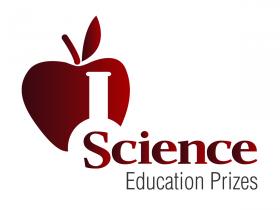
An online course takes a systems approach to teaching Environmental Science.
05/28/2010
The ChemCollective—Virtual Labs for Introductory Chemistry Courses
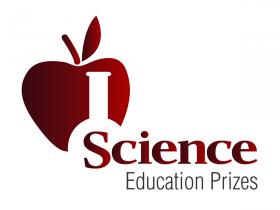
A collection of online activities emphasizes the design and interpretation of experiments.
04/30/2010
Learning to Read, Reading to Learn
04/23/2010
Addressing Science Teacher Needs
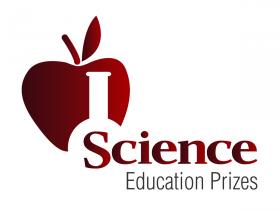
A pair of Web sites enhances teachers’ content knowledge and teaching repertoire through asynchronous approaches.
03/26/2010
On the Cutting Edge: Teaching Help for Geoscience Faculty
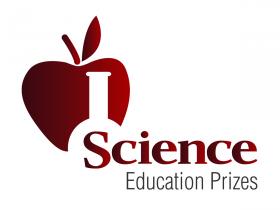
A place is described for faculty to share their teaching expertise and to remain current with advances in geoscience.
02/26/2010
Making Genetics Easy to Understand
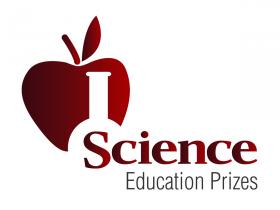
An integrated pair of Web sites for students and teachers supports genetics and genomics education worldwide.
01/29/2010
Questions, Questions
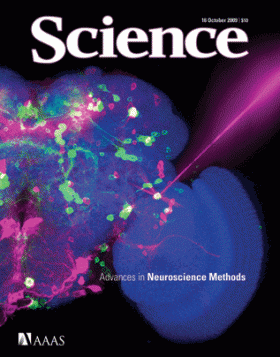
Question-asking is a fundamental element of practicing science; however, the teaching of question-asking skills is often overlooked in science education.
10/16/2009
From Journal to Classroom
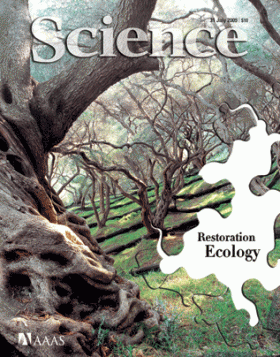
Can cutting-edge science be taught in the classroom?
07/31/2009
Empowering Green Chemists in Ethiopia
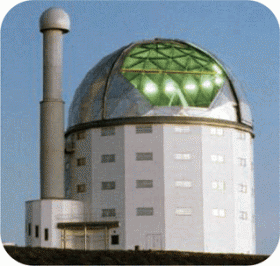
Collaborations between scientists in economically developed countries and their African colleagues can be inspiring and productive.
06/21/2007
Cognitive Supports for Analogies in the Mathematics Classroom
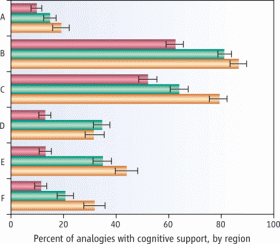
Variations in the effective use of analogies in math instruction across countries may contribute to performance differences in the TIMSS studies.
05/25/2007
Analysis of elementary school classrooms in the United States returns a discouraging report on the quality of students’ experiences.
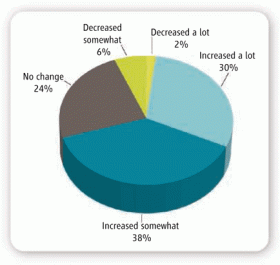
Surveys indicate that undergraduate research opportunities help clarify students’ interest in research and encourage students who hadn’t anticipated graduate studies to alter direction toward a Ph.D.
04/27/2007
Opportunities to Learn in America's Elementary Classrooms
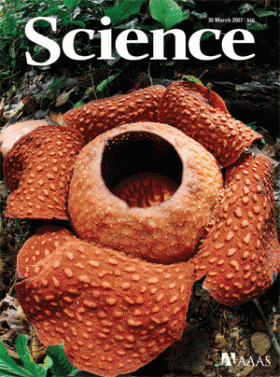
Analysis of elementary school classrooms in the United States returns a discouraging report on the quality of students’ experiences.
03/30/2007
Standardized Tests Predict Graduate Students' Success
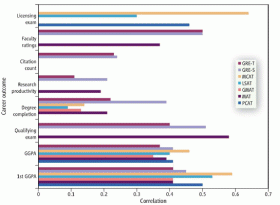
Standardized admissions tests are valid predictors of many aspects of student success across academic and applied fields.
02/23/2007
Algorithm-Guided Individualized Reading Instruction
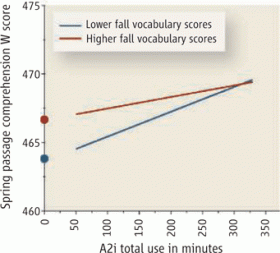
Reading instruction benefits from a computerized intervention.
01/26/2007
Teaching Scientific Inquiry
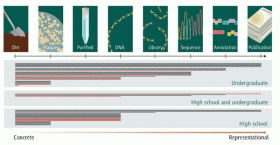
Working in research laboratories to generate new scientific information can give high school students a taste of real scientific investigation.
12/22/2006
Volunteers Bring Passion to Science Outreach
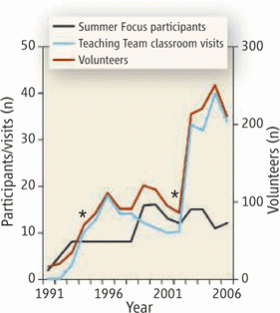
Partnerships between graduate students and high school students in St. Louis benefit both groups, and bring real laboratory experiences to the high school students.
11/24/2006
Gender Similarities in Mathematics and Science
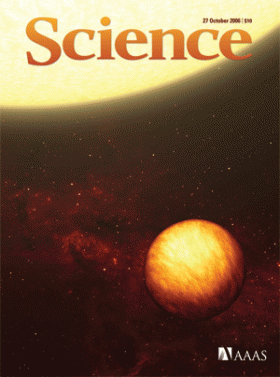
Boys and girls have similar psychological traits and cognitive abilities; thus, a focus on factors other than gender is needed to help girls persist in mathematical and scientific career tracks.
10/27/2006
Evaluating Montessori Education
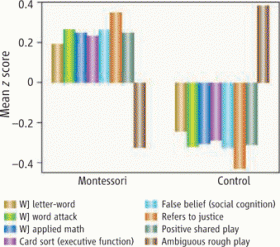
An analysis of students’ academic and social scores compares a Montessori school with other elementary school education programs.
09/26/2006
Teaching and Assessing Knowledge Integration in Science
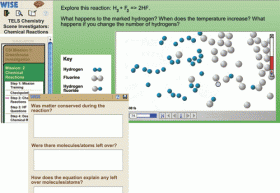
Interactive visualizations combined with online inquiry and embedded assessments can deepen student understanding of complex ideas in science.
08/25/2006
Who Is Responsible for Preparing Science Teachers?
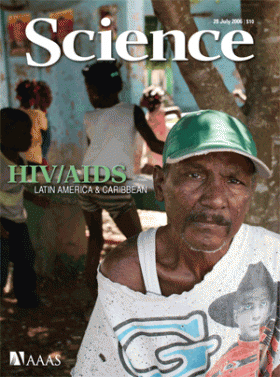
At the University of Colorado at Boulder, involving students in the transformation of science courses raises the visibility of science teaching as a career and produces K–12 teachers well-versed in science.
07/28/2006
Collaborative Ecological Restoration
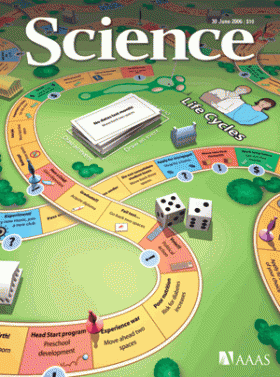
Faculty and students at the University of Washington forge interdisciplinary partnerships with the regional community to restore damaged habitats.
06/30/2006
Planning Early for Careers in Science
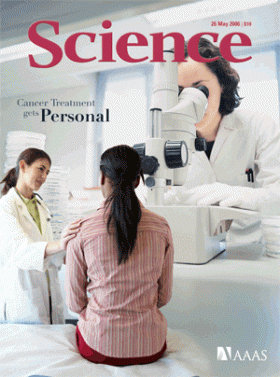
Young adolescents who expected to have a career in science were more likely to graduate from college with a science degree, emphasizing the importance of early encouragement.
05/26/2006
Technological Advances in Inquiry Learning
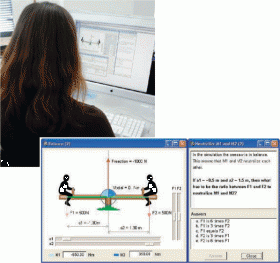
Computer simulations enhance inquiry-based learning—in which students actively discover information—by allowing scientific discovery within a realistic setting.
04/28/2006
Preparing Minority Scientists and Engineers
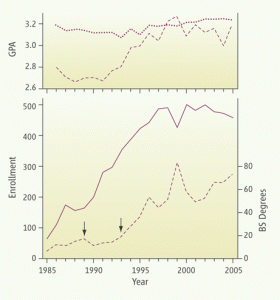
An undergraduate program involving mentorship, summer and other workshops, and targeting high-achieving high school students improves participation of underrepresented minorities in science.
03/31/2006
Genome Consortium for Active Teaching (GCAT)
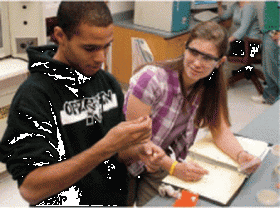
A supportive network of scientists and faculty brings sophisticated microarray experiments to the undergraduate lab and classroom.
02/24/2006

